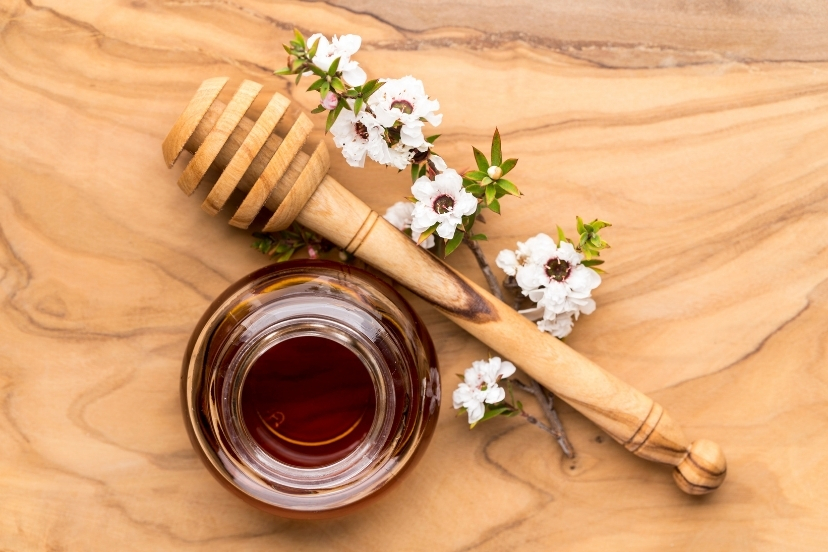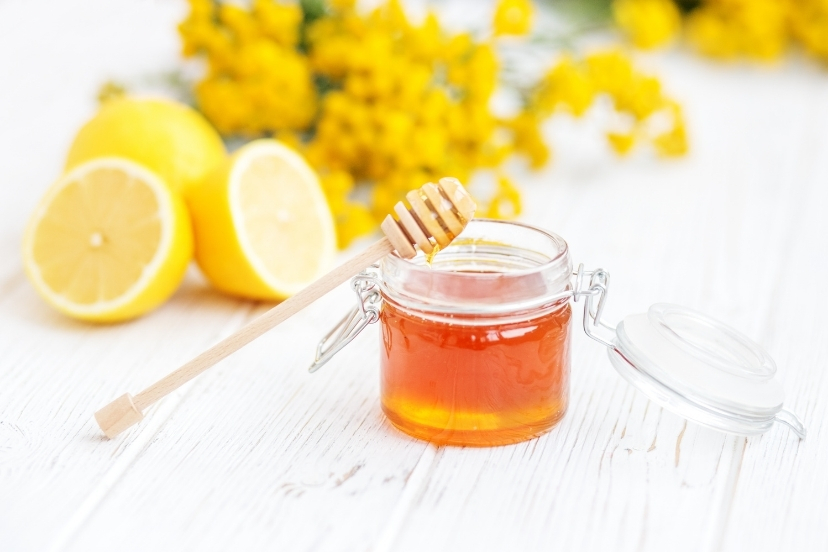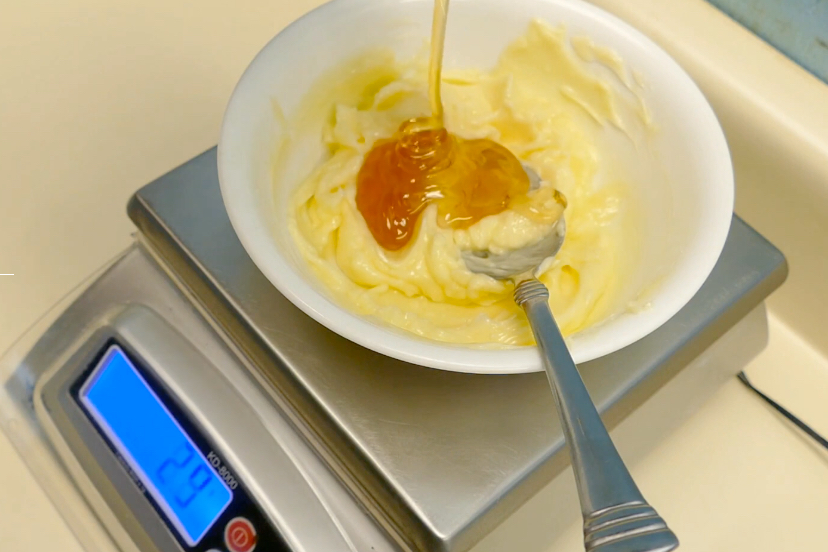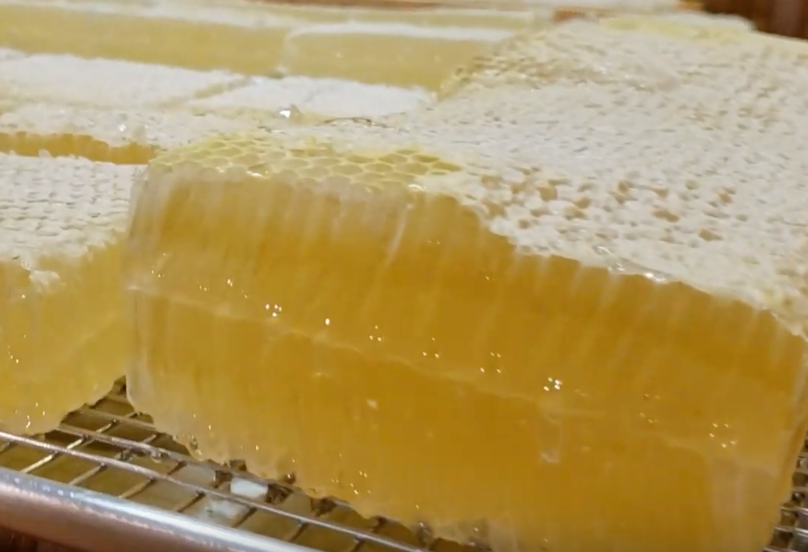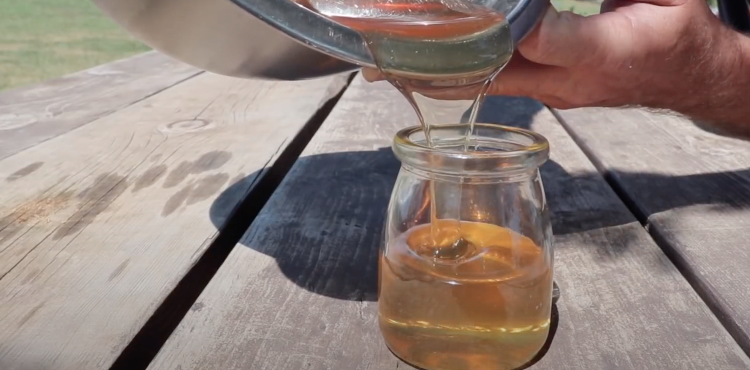The MRSA virus is causing great concern among health professionals around the world.
It’s one of the more serious threats to human health, and it’s on the rise.
What is MRSA?
Methicillin-resistant Staphylococcus aureus. That’s what MRSA stands for, and that’s what causes an MRSA staph infection.
MRSA infections most commonly occur in hospitals or other health care facilities.
But in recent years, cases of MRSA infections occurring outside of health care facilities in otherwise healthy individuals have been on the rise.
This is called community-associated MRSA, and it’s responsible for a number of serious illnesses ranging from skin infections to a serious form of pneumonia.
MRSA Symptoms
MRSA skin infections generally first appear as small red bumps that might be mistaken for pimples or spider bites. But the infection tends to rapidly develop into deep abscesses that are very painful.
If the Staphylococcus bacteria penetrate beyond the skin, life-threatening infections may result.
Unfortunately, MRSA spreads easily. Simple skin-to-skin contact, as well as simply touching items that have been handled by a carrier can spread the infection.
The REALLY Bad News…
As MRSA infections become more prevalent, MRSA treatment options are becoming fewer.
Many of the antibiotics that for years were used in the treatment of MRSA are no longer viable as a result of the resistance that has been developed by Staphylococcus.
And scientists fear that it may be only a matter of time before MRSA develops strains that are resistant to the antibiotics that are currently still effective.
And the Good News…

And in fact, many scientists now feel that because of the manner in which honey kills bacteria, MRSA is unlikely ever to evolve a resistance to the antibacterial properties of Manuka honey.
Scientists are working to completely understand what makes Manuka honey such an effective MRSA virus killer.
But while the research is ongoing, Manuka honey is already being used as a wound dressing in some clinical settings.

